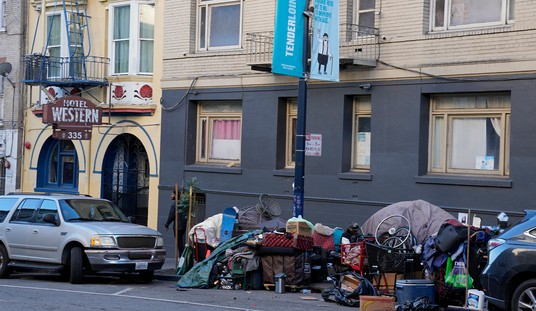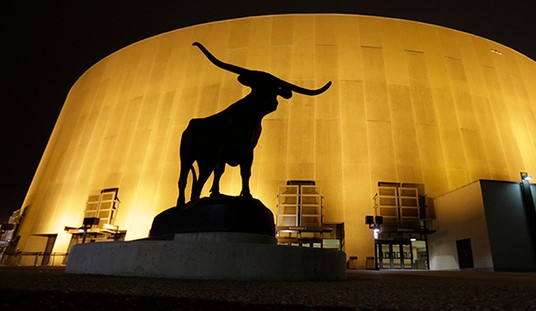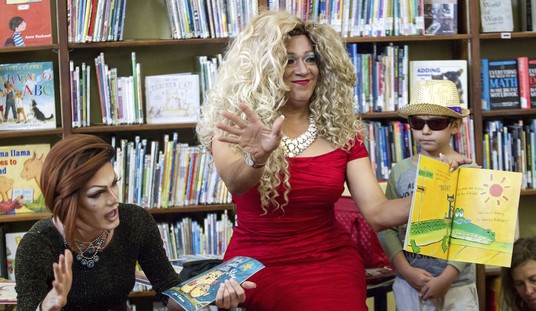Is it a stretch to imagine activists might someday push for affirmative action programs for lesbian, gay, bisexual and transgender students? For now, administrators are just weighing whether to include a question about sexual orientation on application forms to determine whether California’s state colleges are presently adequately serving the LGBT community:
California’s state colleges and universities are laying plans to ask students about their sexual orientation next year on application or enrollment forms, becoming the largest group of schools in the country to do so. The move has raised the hopes of gay activists for recognition but the concerns of others about privacy.
The questions, which students could answer voluntarily, would be posed because of a little-known state law aimed at gauging the size of lesbian, gay, bisexual and transgender (LGBT) populations on the campuses. The law encourages UC, Cal State and community colleges to explore whether they are offering enough services, such as counseling, for those students.
“It would be useful to know if we are underserving the population,” said Jesse Bernal, the UC system’s interim diversity coordinator. In addition, giving students the opportunity to answer such questions, he added, “sends a positive message of inclusiveness to LGBT students and creates an environment that is inclusive and welcoming of diverse populations.”
Last fall, Elmhurst College in California became the first college in the country to ask about sexual orientation on a college application:
Elmhurst College, a 3,400-student school, asks applicants: “Would you consider yourself a member of the LGBT (lesbian, gay, bisexual, transgender) community?” A positive response could help students qualify for scholarships given to diversify the student body, according to Dean of Admission Gary Rold.
Some critics argued that the college’s move could be seen as a tool to bolster the gay population.
The school was not seeking to be a pioneer or to advance any political stance, Rold said.
“That we are first is not of any great consequence,” he said. “We are just trying to collect information for our purposes to help out students.”
The negatives of this vastly outweigh the potential benefits. Not only could the information be improperly used — say to either discriminate against or give preference to LGBT students — but it also suggests sexual orientation is somehow relevant to education. The college admissions process should aim to determine what students would be able to meet the rigorous academic requirements of a university experience. While any number of factors — including family background, ethnicity, religion and state of health — affect a student’s ability to succeed in college, it’s not necessary to know details about those aspects of students’ lives to know whether they have been successful academically in high school and whether they demonstrate a propensity to be able to effectively engage and internalize appropriate course materials. The more I think about it, the more I wonder why schools ask for any of that information. Why not look exclusively at demonstrated academic performance? This goes back to the expansion of the purpose of universities beyond education to some kind of four-year rite of passage to adulthood.








Join the conversation as a VIP Member